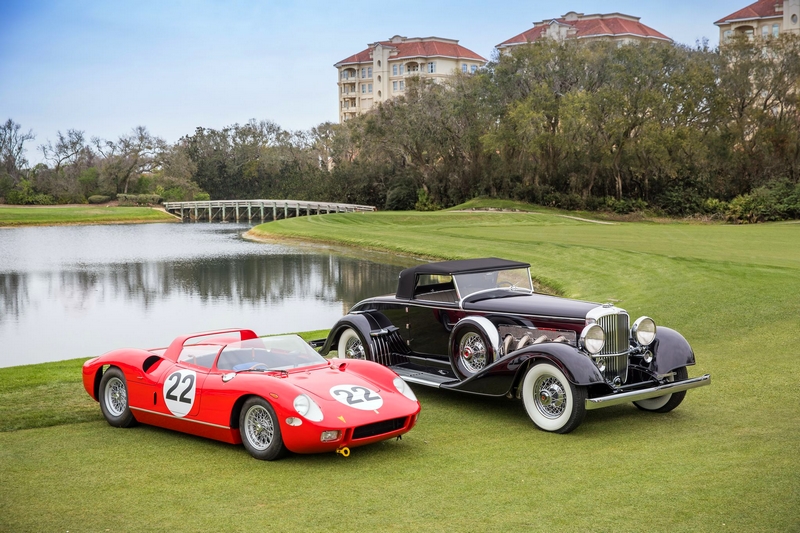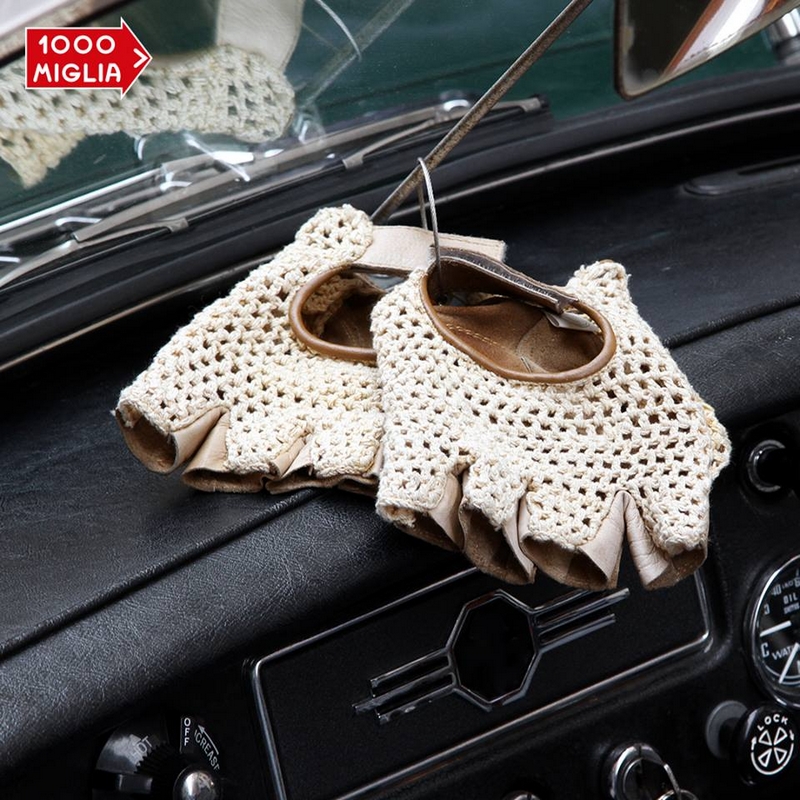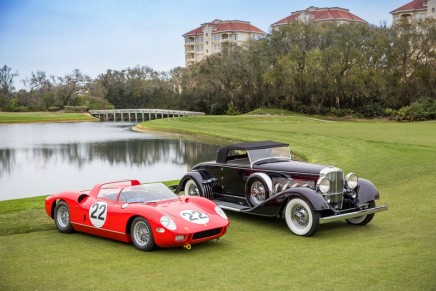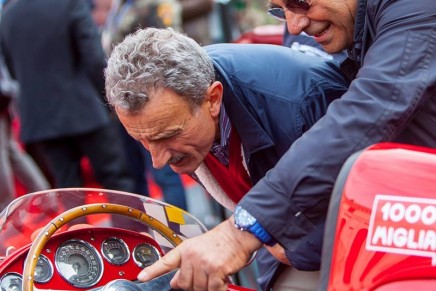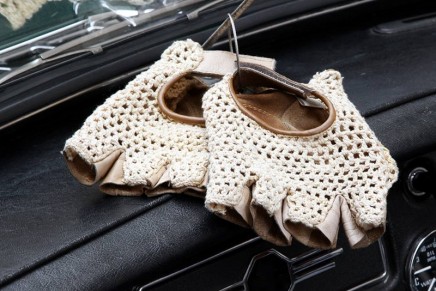A friend once told me “When buying a classic car, you’re never happier than the day you buy it and the day you sell it”.
Owning a classic can be a long and often disastrous road with numerous bumps along the way.
To help you avoid some of these pitfalls we’ve put together guide to help you make your all-important choice.
Choosing the right vehicle
It may not be the most adventurous advice, but when searching for your first classic car it is good to be pragmatic. Don’t go for the something that had a limited original run that’s impossible to get parts for now because you’ll end up disappointed when something inevitably goes wrong.
There is a reason why the popular classics are popular. It’s generally because they’re reliable, easy to get parts for and have decent resale value. Join some online forums to get an idea of what your fellow collectors are buying, selling and complaining about!
Distance buying
If you’re buying a car that you’re not going to be able to see in person, you’ll need some extra reassurances on the quality of the vehicle. Search around for a mechanic that is local to where you’re buying the car and arrange for them to give it a once over. Some may not offer this service online so give them a call to let them know the situation and requirements. It’s more likely that the small independent firms would do this for you.
This can give you the peace of mind that the vehicle is in good condition before committing to anything.
Take in to account transport costs
When pricing up what’s within your budget, always be sure to take in to account the cost of actually getting the vehicle to you. You wouldn’t want to find something within budget that you love and then find out it’s going to cost a fortune to actually get it to you. It would be heart breaking.
There are specific classic car transporters who have the experience of moving vintage vehicles that will attend your new pride and joy with care and respect.
Get photos, lots of photos
Whether you’re having the car transported or if you’re collecting yourself, make sure you get photographs when you initially view the vehicle and when it leaves the sellers premises. This will mean you can be sure that it arrives with you in the same quality as when you purchased it.
Paperwork
Paperwork is key when purchasing any vehicle, let alone a classic. It will give you a full history of service and ownership since new. Most importantly this will have a record of all engineering work that’s been carried out over the years and will not only give you an idea of where problems may arise, but also may be needed for any future work that may be necessary.
Make sure this is all in order before even entertaining the seller.


